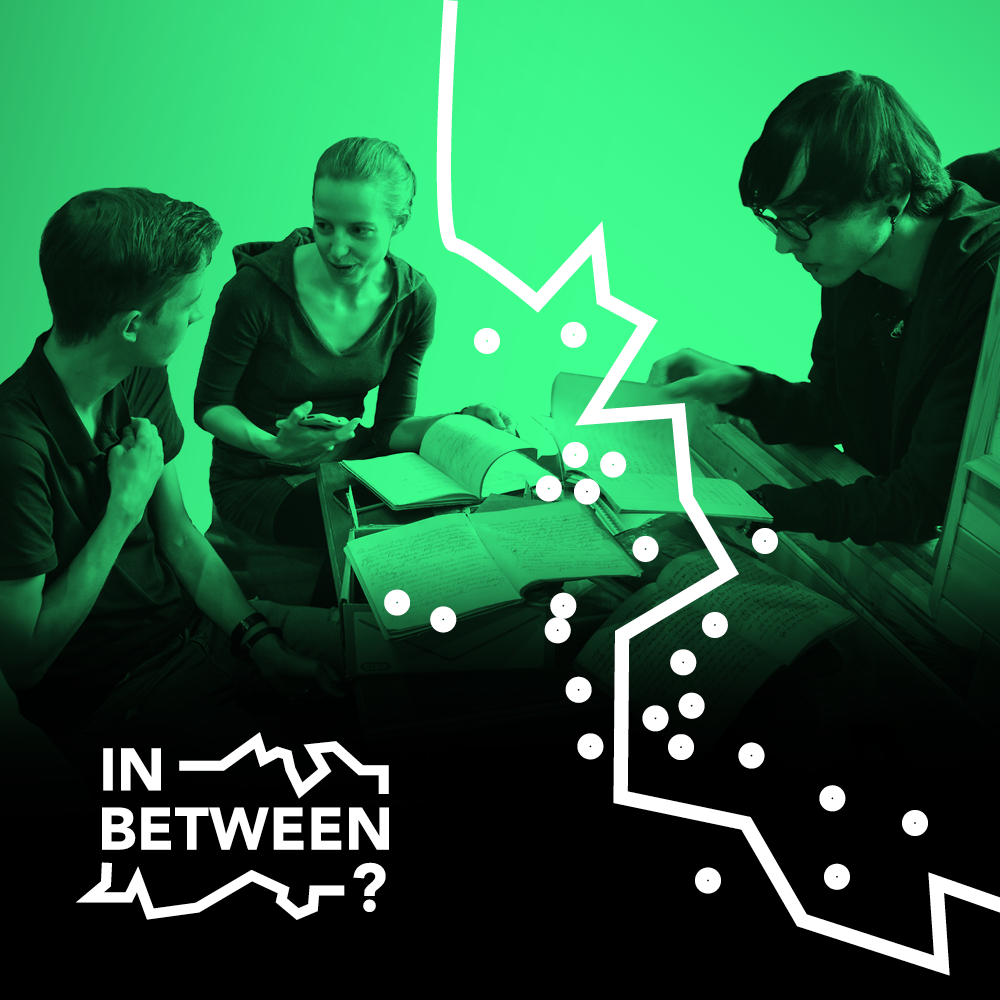The borderlands of contemporary Europe share a unique culture of memory, shaped by the turbulent history of the 20th century: its wars, geopolitical changes and mass migrations. It is in such regions that the ENRS organises, for the eighth time, the 'In Between? Searching for Local Histories in Borderlands of Europe' summer school for students from all over Europe. This year the participants will meet in Warsaw and subsequently set off on study visits to Alsace, Friuli Venezia Giulia or Cieszyn Silesia, where they will interview members of the local communities and produce a series of podcasts.
This year’s edition will start on 6 July with three days of training in Warsaw. The programme will consist of lectures in anthropology and oral history, along with workshops on podcast creation and production. The part dedicated to theory and practice of anthropologic research will include meetings with Liana Blicharska, Ukrainian historian and a local coordinator of the 2021 edition of ‘In Between?’, Maria Buko, a social scientist and oral history specialist from the Warsaw University, and Jarek Kociszewski, a journalist and podcaster (New Eastern Europe Magazine, Free Range). The workshop on podcast creation and production will be held by John Beauchamp, a journalist and podcast producer (Free Range). After the workshops, participants will be split into three groups and each team will travel to one of the destinations in the German-French, Slovenian-Italian and Czech-Polish borderland.
During the one week long study visits the groups will gather materials documenting personal experiences of the inhabitants of the multi-ethnic borderlands and create a short artistic podcast, which depicts the atmosphere and history of the region with the help of sound. The podcasts will be shared in the ENRS’s multimedia library and on the streaming platforms Spotify and Simplecast. Results from the 2021 edition are available on the ENRS website: https://enrs.eu/edition/in-between-2021.
Partners of this year’s edition of the programme are: Zajezdnia History Center and “Remembrance and Future” Center in Wrocław; German War Graves Commission Volksbund Deutsche Kriegsgräberfürsorge – International Albert Schweitzer Center in Niederbronn-les-Bains (Alsace), Kulturhaus Görtz (Friuli Venezia Giulia) and Post Bellum Center of Memory of Nations in Ostrava (Cieszyn Silesia euroregion). The project was funded by the European Union.
